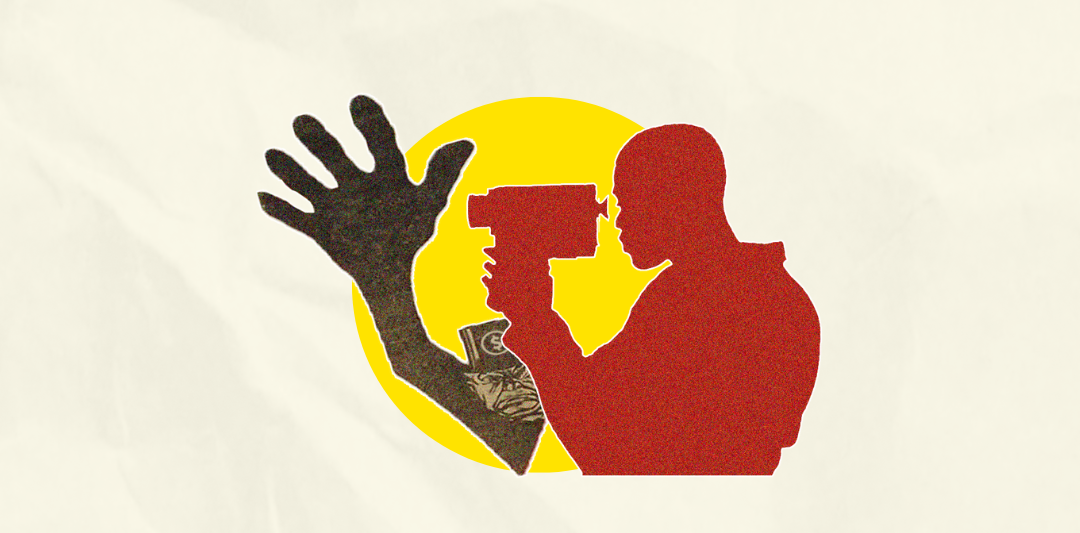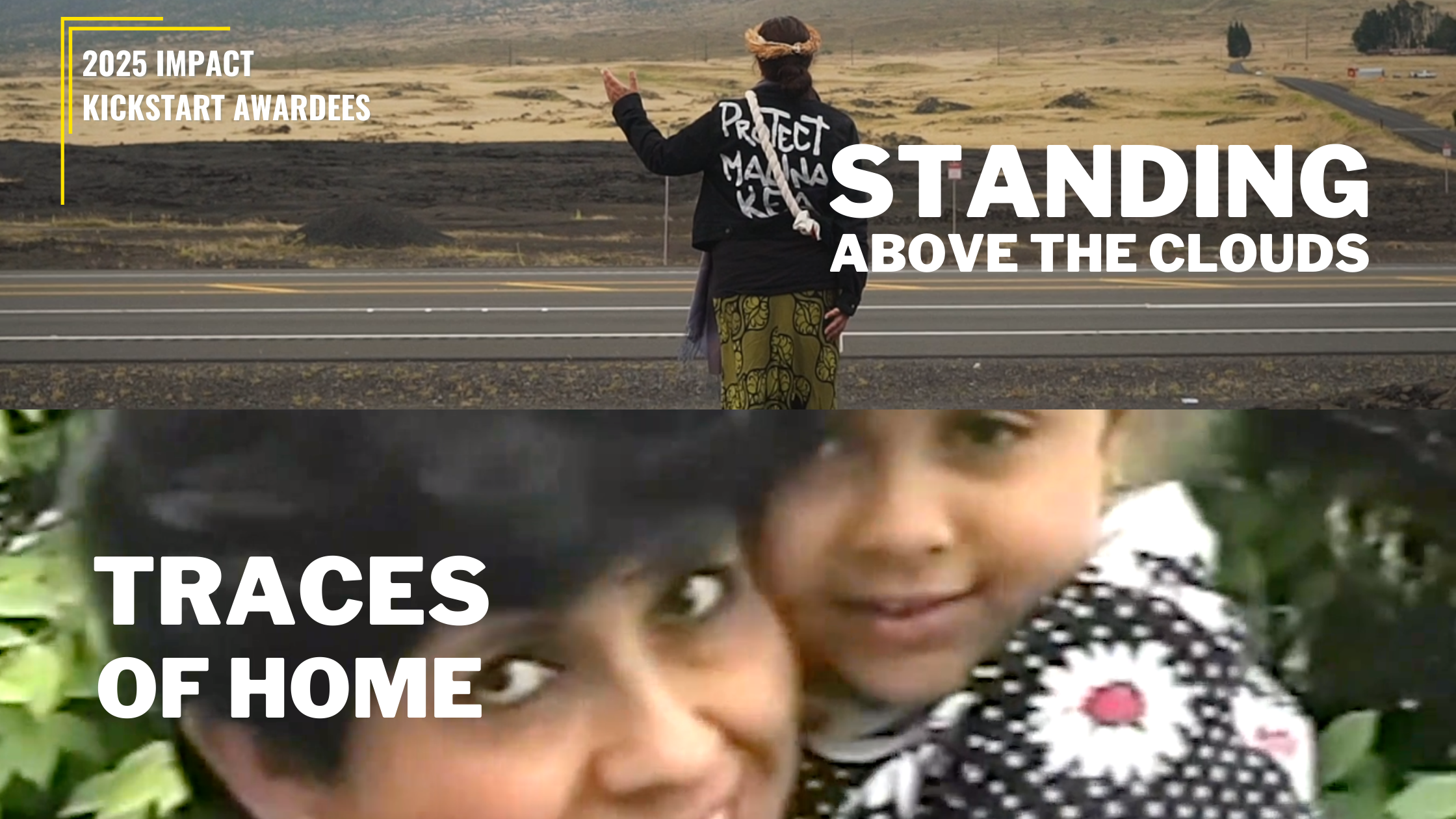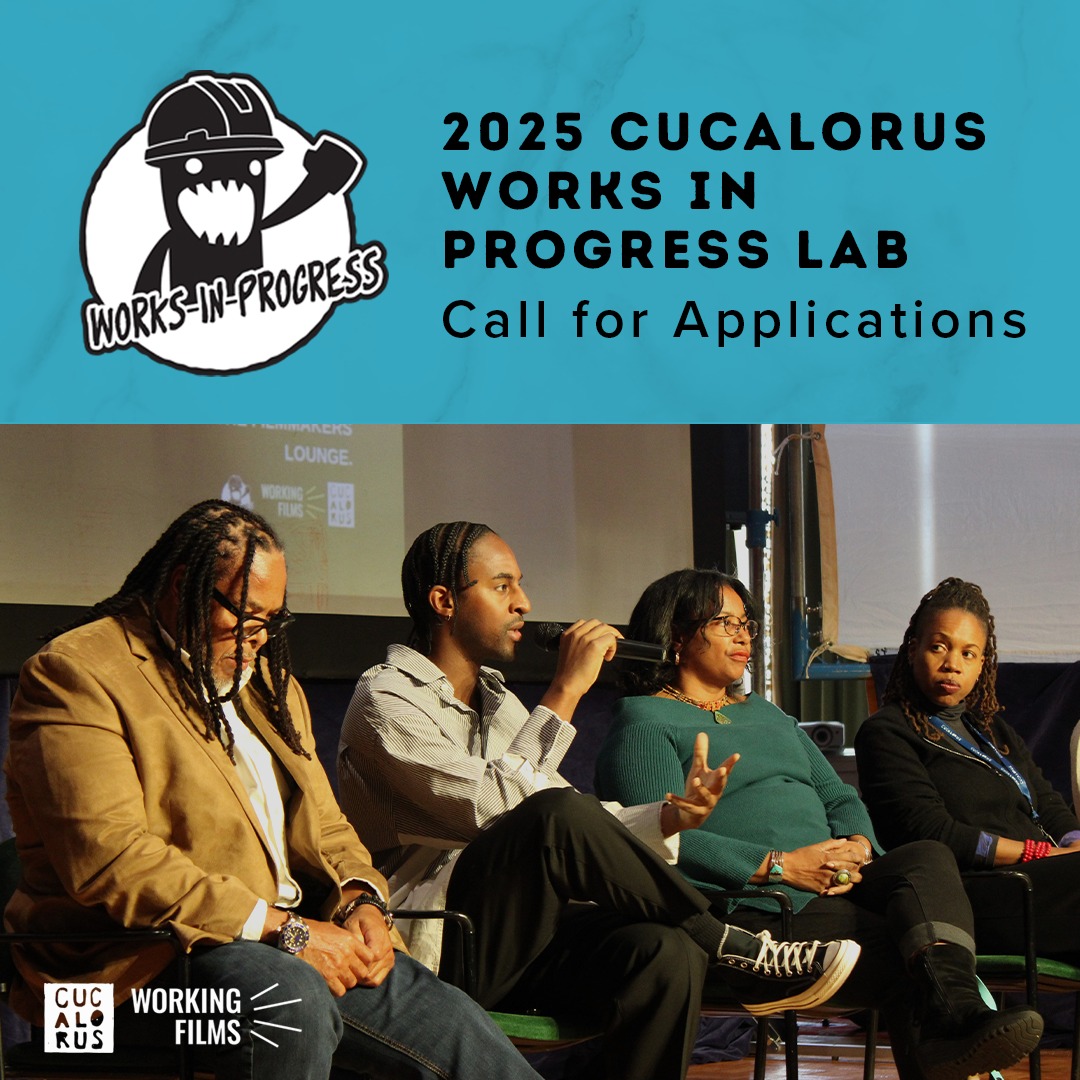 It has been a year since our co-founder Robert West passed away. We’re honoring him this week by posting tributes to him from his friends, family, and colleagues. Today we’ve shared the words of Reggie Shuford, Robert’s friend and the Working Films board chair, and Robert’s niece, Emily West. If you feel inspired to share your own memories of Robert after reading, please post in the comments here or on our Facebook page.
It has been a year since our co-founder Robert West passed away. We’re honoring him this week by posting tributes to him from his friends, family, and colleagues. Today we’ve shared the words of Reggie Shuford, Robert’s friend and the Working Films board chair, and Robert’s niece, Emily West. If you feel inspired to share your own memories of Robert after reading, please post in the comments here or on our Facebook page.
Thank you for letting me speak about Robert today. I am so happy to be here. And thank you to all of you who have loved him so well.
I have been lucky to have loved Robert without complications. And he was definitely a complicated person. But I have loved him without the complications of misunderstandings, perceived slights, petty alienation as well as any catastrophic offenses. I have loved him, simply, as long as I can remember. As I have grown older and my awareness of myself and the world has grown, it has only shored up my respect for him and our friendship. Our friendship has been an anchor in my life.
Robert has brought profound respect to his relationships. He has seen people and has allowed people to see him. How did he know how to do this? Where did he learn it? In a book of photographs he gave me the Christmas before I turned 18, he wrote, “To Emily, a creative woman.” That certainly gave me a new perspective – I wanted to be creative, but who knew I was a woman???!
Later, when I was in college in New York City, we would go out for these marathon dinners – just the two of us. I don’t know how many of you have had the experience of being in public with Robert- but probably not as teenagers. When I was a self conscious teenager it could be so embarrassing to be in public with Robert. He would laugh so loudly and everyone would look! Mortifying! Then I got older, and when I was out with Robert and he would laugh and every head would turn, it wasn’t embarrassing. It was awesome. We were having more fun than everyone else!
That laugh combined with his knack for telling stories was a force of nature. Robert had the ability to turn something sad or painful into something amusing and take the sting out of it. My mother has said all we Wests have a sense of humor that’s a little sick, or French as I like to think of it. My favorite story – and I’m not sure who originally told it to me – maybe Robert’s sister Jane actually – happened when they were kids growing up in Philadelphia. (I’m no longer sure which parts, if any, of this story are true). Jane was told to go out and find Robert; dinner was ready. She walked around the block yelling ROBERT! ROBERT! DINNER! She found him lying in the neighbor’s yard with croquet hoops around his neck, wrists and ankles. She looked at him and said, “Robert! Dinner! Come On!” He replied quietly, “Jane. I can’t get up.”
Every time we would double over laughing and scream “Tell it again!” Finally, after years of this, on some holiday in Richmond, probably lounging on the rug yelling at us about the horrible TV we watched, he rolled his eyes and said in his soft, calm voice, “You know Emily, that’s not a happy memory for me.”
Where did Robert get his awareness? How did he love and accept himself and others so honestly? I think it’s because he had no fear. I asked Robert why he didn’t fear death. He said, “It’s not unfamiliar to me.” He said he had been with a number of people he loved dearly at their deaths and what he saw wasn’t fear, but acceptance.
He talked about being with Uncle Charlie when he died and what a gift that was. Robert and Charlie (my great uncle) were cut from the same cloth. This is from a letter Robert shared with me written by a priest at the time of Charlie’s death: “Charlie died a long time ago to the vulgar success of money and material luxury….So, Charlie (and Robert) your quiet quest for life has not been in vain. May you have life in abundance. May your heart, which always sought peace for the people, be filled with its fullness.”
My mother found a excerpt from a speech by Theodore Roosevelt and we both felt that it describes Robert.
“It is not the critic who counts; not the man who points out how the strong man stumbles, or where the doer of deeds could have done them better. The credit belongs to the man who is actually in the arena, whose face is marred by dust and sweat and blood; who strives valiantly, who errs, who comes short again and again, because there is no effort without error and shortcoming, but who does actually strive to do the deeds; who knows great enthusiasms, the great devotions; who spends himself in a worthy cause; who at the best knows in the end the triumph of high achievement, and who at the worst, if he fails, fails while daring greatly.”
Robert’s fearlessness in accepting and loving himself allowed him to do the same for all of us. I love the quiet welcome in his voice when he would say ”Hey.” I love the intense passion he had for social justice and change and fairness. His was a life of bravery and compassion. A rare life lived with power and honesty.
I’m reminded of my favorite part of church growing up – the painted words behind the altar at St. James’ in Richmond. And although there is no churchiness today at all, I think he would agree with the sentiment:
“Be ye doers of the word and not hearers only.”
Robert West Memorial
By Reggie Shuford
Good afternoon, everyone. My name is Reggie Shuford, and I have been Chair of the Working Films board for the past three or so years. I was vice chair for 2 years before that. I am honored to be here with you today and to be a part of today’s service. I would like to talk about Robert’s generosity.
I grew up here in Wilmington, in Creekwood, a housing project quite literally on the other side of the tracks. I was the first African-American to graduate Cape Fear Academy, a local private school, in the mid-80s. Most of my schoolmates were the children of the most well-off people in town. Many had been sent there specifically to avoid integrated public schools. For many reasons, I felt very confined here in Wilmington, like a plant that was not being sufficiently watered or a caged bird – a la Maya Angelou. So, when I left for college, I couldn’t leave fast enough.
In an earlier tribute to Robert, Judith mentioned that Robert had curated his home, filled it with art, old family photos, cool furniture, cut flowers, delicious food, warmth and great friends. The same can be said of his life writ large — from his lifelong work towards making the world a more equal and just place, to founding Working Films with Judith when his position as curator of Film and Video at the Mint Museum of Charlotte didn’t work out, to creating family and community and a safe space, filled with fun, good food and cheer, for those he cared about.
That Robert chose Wilmington, my hometown, to do all of this in was the first of many gifts to me. Literally, after I joined the Working Films board, I was able to visit my family, friends and hometown from New York, the Bay Area and now Philadelphia, on a more frequent and regular basis. Robert’s gift to me, vis-a-vis Working Films, was the gift of reconceptualizing Wilmington, to experience it differently than my childhood. This new vision and experience are broader, more progressive, inclusive, diverse, integrated, humane. Wilmington is not perfect – no place is. But I am grateful to be able to see it much differently than when I left it.
Another gift was Robert’s approach to living and dying. I was with Robert when we discovered there might be a problem. Last August, I flew to Wilmington to meet with Robert in lieu of a full board meeting. It was too hard to get everyone’s summer schedules to work. The plan was for the two of us to meet and then report back to the full board. So, it was just the two of us meeting at the firehouse. During our conversation, Robert lost the ability to complete sentences, no matter how hard he tried. This lasted just a few minutes but felt like an eternity. When the episode passed, Robert promised me he would get it checked out, which led to his diagnosis. So, I felt especially close to his diagnosis and this situation from day one. From then on, Robert’s approach was matter-of-fact, gracious, generous and inspiring. He cared about how we felt — that we allow ourselves to experience the full range of emotions, but that we also be of good cheer. Robert curated his death, just as he had his life. He went out on his own terms. He wanted his final months and days to reflect quality over quantity, so no extraordinary measures or interventions to prolong his life. He chose dignity instead. To die in his own bed, surrounded by – or at least in touch with – the people and things he loved most.
A curator til the very end, he curated every inch of this memorial service. From the music, to the order of speakers, to the length of time we should speak.
In closing, I would say that Robert gave all of us another gift: the inspiration and example of how to curate your life. To fill it with the people, causes, and things you love, to take occasional breaks from technology.
Robert certainly gave material gifts, but his most important gifts were less tangible and more enduring. They were about friendship, community, living one’s life and helping others live lives in full bloom, tearing down walls, and spreading one’s wings and soaring.
Please share your own memories and reflections about Robert with us. If you would like to honor him by contributing to the Robert West Reel Engagement Fund, which we set up with his blessing and encouragement last spring as a way to memorialize his role in founding the organization and his vision for our work, you can do so at www.workingfilms.org/donate. Thank you!







